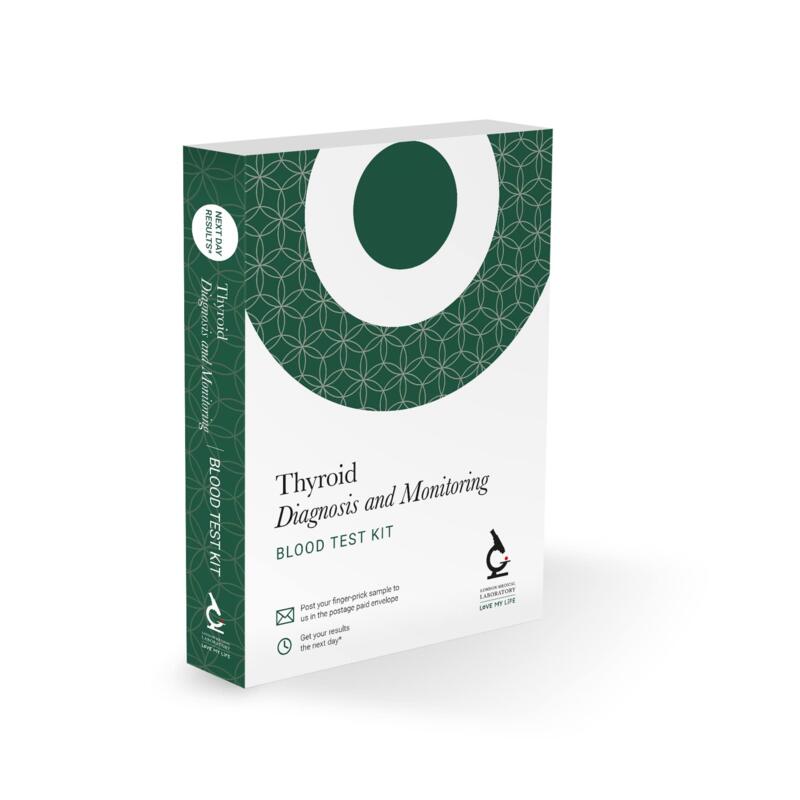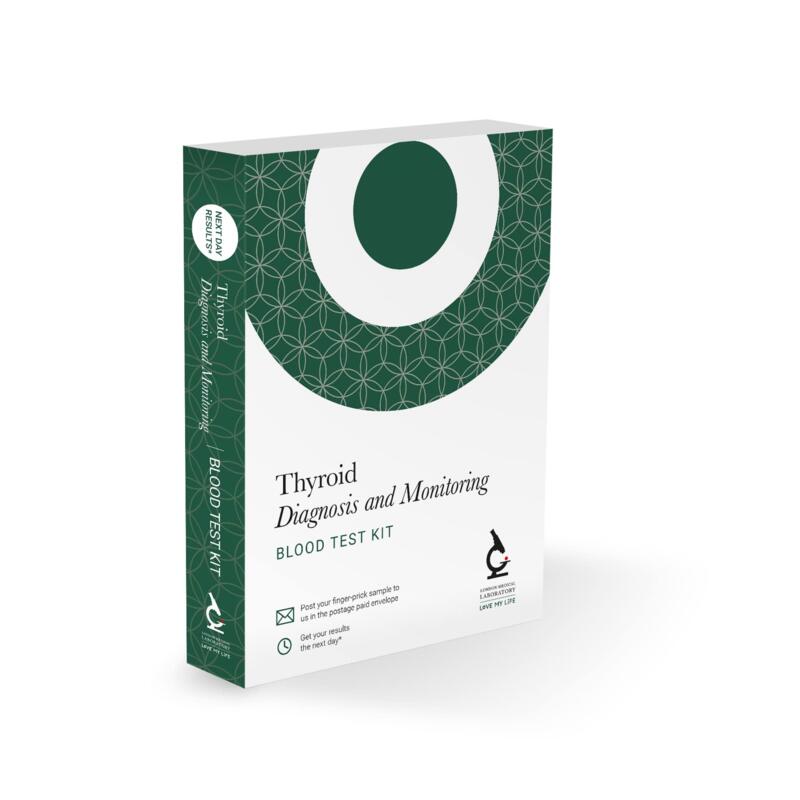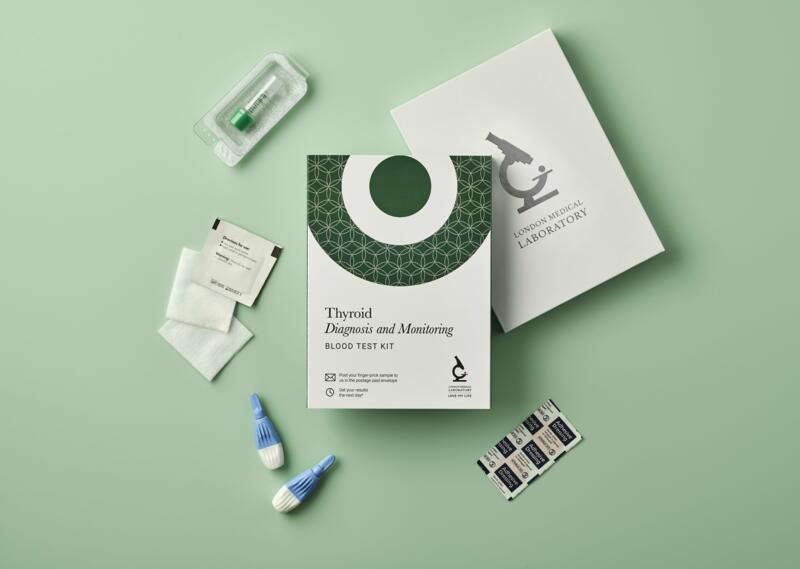What can I expect from Thyroid Function - Diagnosis and Monitoring?
This profile checks the function of your thyroid gland.
Thyroid disorders are common but are notoriously difficult to diagnose without a blood test.
It will give you a good indication as to whether your thyroid is functioning normally or not by checking your levels of Thyroid Stimulating Hormone (TSH) and Free T4 (FT4).
These tests are mainly used to see whether or not you have an underactive thyroid gland (Hypothyroidism) or an overactive one (Hyperthyroidism) which can lead to tiredness, mood problems and weight issues.
Who should take a thyroid blood test and when?
This test is best taken if you have symptoms of hyperthyroidism (overactive thyroid) or hypothyroidism (underactive thyroid).
Signs of hypothyroidism can include tiredness, dry skin, thinning hair, weight gain, intolerance of cold, heavy periods, reduced fertility, memory loss, poor concentration and depression.
Symptoms of hyperthyroidism include unexplained weight gain/loss, sweating, tremors, heat sensitivity and loss of libido. It is more likely to occur with age—particularly over the age of 60—and among women.
Hypothyroidism is much more likely to occur with older age with over 13% of women over 60 with it. It is also more commone among pregnant women.
People with certain conditions are also much more likely to develop thyroid problems and should get tested regularly, this includes:
- Type 1 Diabetics
- Addison’s disease
- Coeliac Disease
- If you are on certain medications e.g Lithium and Amiodarone
This test works well with a finger prick sample as well as with a phlebotomy sample






